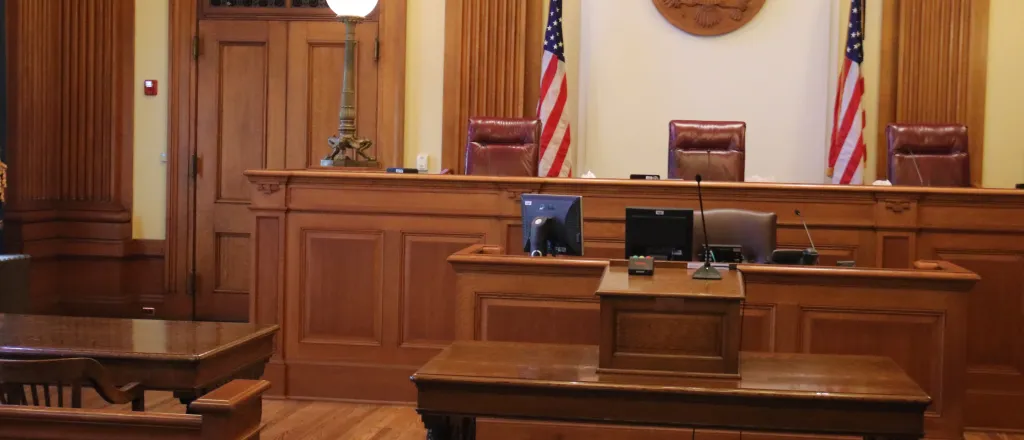
Death-row exoneree speaks out against Tennessee death penalty
Click play to listen to this article.
As Tennessee resumes executions, a death row exoneree is raising concerns amid growing debate over capital punishment.
A study estimated more than 4 percent of death row convictions are erroneous.
Sabrina Butler Smith, communications specialist for the group Witness to Innocence and a board member of Tennesseans for Alternatives to the Death Penalty, is the first woman to be exonerated from death row in the United States. She was acquitted of the murder of her infant son in 1995 for a tragic incident later found not to be a crime.

iStock
Butler Smith will share her story Tuesday at the Justice Without Execution forum at Rhodes College in Memphis. She explained her son died of a hereditary kidney condition.
"My son had health issues. He had heart, kidney and lung problems, and when my son stopped breathing, I didn't know how to apply CPR, and I tried to apply CPR with someone telling me what to do, or I feel like I didn't apply it right," Butler Smith recounted. "They took that, turned it around, turned it into a murder."
Butler Smith noted more than 200 people have been exonerated from death row in the U.S., raising questions about why executions continue. Since her release more than 30 years ago, she has spoken in churches, schools, police academies and legislatures, urging reform.
According to the data from the ACLU, Black defendants are nearly four times more likely than white defendants to receive a death sentence.
Butler Smith noted she was sentenced in Mississippi on March 13, 1990, with an execution date set for July 2, making her the youngest person on death row at 19. A new attorney took her case to the U.S. Supreme Court, which overturned her sentence. She was retried and hospital records revealed her son’s underlying health condition.
"I ended up altogether doing seven years all together, and it was horrible," Butler Smith recalled. "But I just don't think we as a people have the right to decide who lives and who dies. I just don't."
Butler Smith believes her case was racially motivated. At tonight's "Justice for Execution" forum, she will join Cynthia Vaughn, whose stepfather, Don Johnson, was executed in Tennessee in 2019 for the 1984 murder of Connie Johnson, Cynthia’s mother, in Memphis; and the Reverend Stacy Rector, executive director of Tennesseans for Alternatives to the Death Penalty.
















